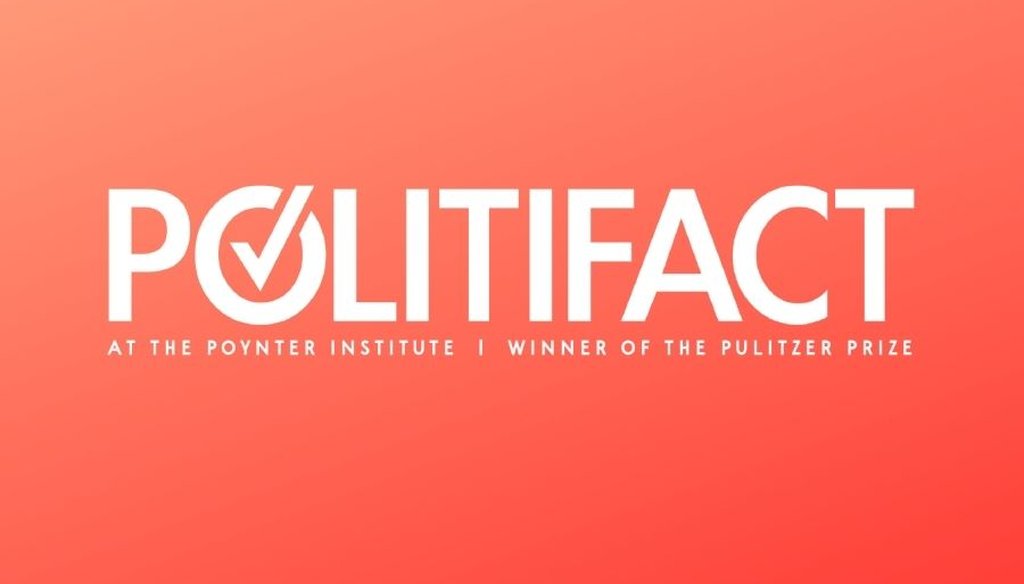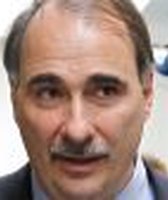Stand up for the facts!
Our only agenda is to publish the truth so you can be an informed participant in democracy.
We need your help.
I would like to contribute

People wait in line outside the Rationing Board during World War II. (Library of Congress)
If you've been paying attention to the health care debate, you've no doubt heard these buzzwords from opponents of the Democratic plan:
Rationing. Euthanasia. Death Panels. Socialized medicine. Canada and Britain.
They have been written on posters, yelled at town hall meetings, and repeated by politicians during TV talk shows. They've been tweeted on Twitter and pasted on Facebook. They are scary words. (Well, maybe not "Canada," but in the context of "The health reform plan will give us a system like Canada's," it's certainly meant to scare).
Undeniably, these words have dominated much of the debate. But how much do they really have to do with what's actually being proposed in the health care bills in Congress? According to our research at PolitiFact, not a whole lot.
Today, we published two items about rationing, a loaded term if ever there was one. We concluded that Republicans are wrong to suggest there's no rationing today but would be under Obama's plan, but also that Democrats are wrong the say there would be no rationing under his plan. Any plan that uses insurance companies with deductibles, caps and requirements for out-of-pocket expenses does, by its very nature, have rationing. Health care experts on both sides told us we've got rationing now and we'd have it under the Democratic plan.
Sign up for PolitiFact texts
Warnings about "death panels" and euthanasia are the offspring of the rationing claims. We looked into the "death panel" claim, introduced by former Alaska Gov. Sarah Palin, and concluded she was wrong. We also debunked repeated claims that the plan includes euthanasia. The plan authorizes payments to doctors to give elderly and seriously ill patients end-of-life counseling, but that counseling is voluntary. And it's ridiculous to say it would lead to euthanasia.
The other big phrase from opponents is "socialized medicine," a headline-grabbing term meant to suggest that the government would take over health care, or that the plan being considered in Congress is a "single-payer" system. That's not what's being proposed. The plan is to have people with private insurance through their employer (and that accounts for most people) keep that coverage. For those who do not, the government would oversee a health care exchange, in which private companies would offer plans.
Here's the most controversial part: The exchange would include a government-run health plan, which is often known as the public option. In other words, that government plan — which may or may not end up in the final bill — is a part of a part. And the government would subsidize those who cannot afford insurance. That's far short of a fully government-run plan.
It's fair game to state an opinion that you think this is where the system is heading. It's reasonable, for example, to say "I'm worried that a public option could lead to socialized medicine." But it is not accurate to describe the Democrats' plan as socialized medicine.
That's also true with the claims about alleged shortcomings in the public health systems in Canada and Britain. The underlying assumption is that that is what is being proposed here. It is not.
Republican strategist Frank Lunz has advised GOP members to use the word "rationing" to build opposition to the Democratic plan.
In a memo called "The Language of Healthcare 2009: The 10 rules for stopping the 'Washington Takeover' of Healthcare," Luntz devotes a whole section to how the word can be used.
"The word 'rationing' does induce the negative response you want, but what you
really want audiences to focus on is the 'consequences of rationing,''" Lunz wrote.
Luntz notes that "'rationing' tests very well against the other healthcare buzzwords that frighten Americans." Asked what two concepts or phrases would frighten them the most, "healthcare rationing," ranked at the top of the list with 43 percent (well above other buzz phrases like "socialized medicine" at 26 percent and "Hillary-Care" at 10 percent).
But it isn't enough to just say the word rationing, he wrote. It is much more effective to personalize the concept by saying, for example, "the government will decide what treatment I can or can’t have."
The AARP has been inundated with calls from concerned seniors who have been misled by these buzzwords, said AARP spokesman Jim Dau.
Debate is good, he said, but it's important that people's opinions be based on facts. And a lot of the scare words have no place in a reasonable debate about the critical health care reform issue, he said.
"They are designed to play into the fears and suspicions of people," he said. "And it's completely understandable that people would have fears and suspicions. But this is too important of a discussion to give way to willful distortions."
And make no mistake, he said, opponents of the plan have chosen these words to create a high impact.
"A lot of time and effort and testing went into finding out what words will work to get the most response," Dau said. "In politics, it's always easier to scare someone than it is to educate and engage them."
At PolitiFact, we don't want to hinder the robust debate on such an important policy issue, but we're in the fact-checking business and we felt it was important to highlight some of the more blatant distortions that have dominated much of the discussion and that distract from real issues in the health care debate.
Our Sources
See individual items.






































